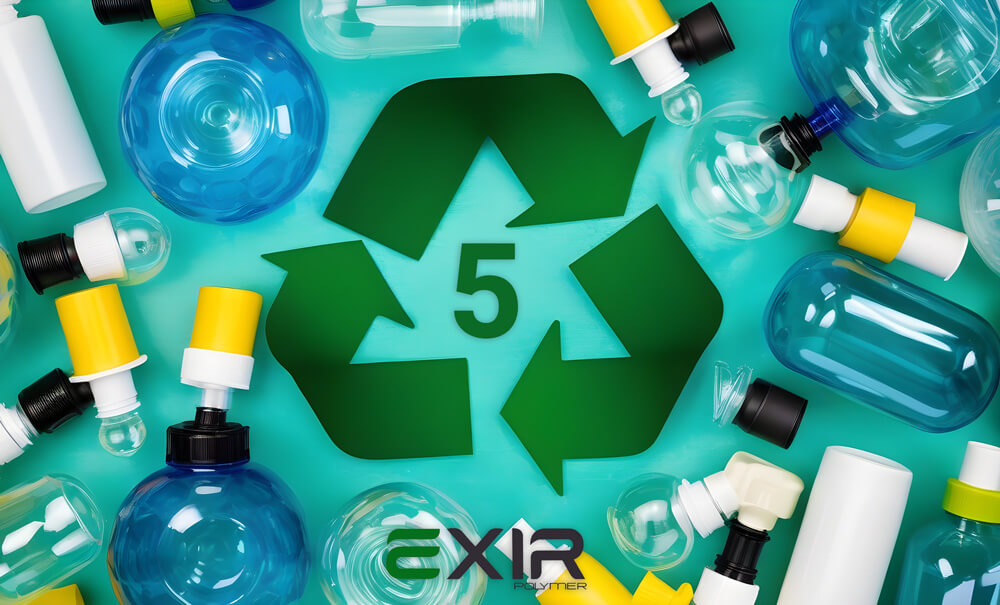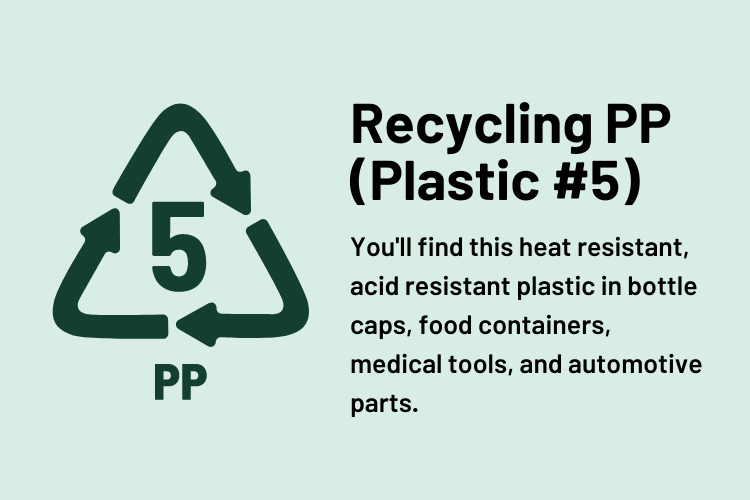The Future of Sustainability: Exploring PP Recycling Solutions
The Future of Sustainability: Exploring PP Recycling Solutions
Blog Article
As sustainability becomes a vital target world wide, the spotlight is on what industries may reduce environmental impacts. Polypropylene (PP), one of the most generally applied plastics, has obtained substantial interest because possible in the rounded economy. With rising concerns about plastic spend, PP recycle options are emerging as a promising avenue for achieving sustainability targets and lowering environmental footprints.

Polypropylene is trusted across various industries, from packaging to automotive elements, because of its flexibility, power, and cost-effectiveness. Nevertheless, the persistence of PP in landfills and oceans poses a significant environmental challenge. Fortunately, improvements in recycling systems are providing new options to recycle PP more efficiently and effectively.
One of the very substantial developments in PP recycling may be the upsurge in technical recycling processes. Mechanical recycling requires deteriorating plastic waste into small contaminants, which can then be reprocessed in to new products. This approach offers a more energy-efficient alternative compared to traditional plastic production. PP can be recycled numerous instances, lowering the requirement for virgin material extraction and reducing the overall carbon footprint.
As well as physical recycling, substance recycling systems are getting traction. Substance recycling requires deteriorating plastics within their foundation substances, which is often reused to produce new plastic products. This technique makes for the recycling of contaminated or blended plastic spend that will usually be non-recyclable through traditional methods. As chemical recycling technologies increase, they could revolutionize the way PP is prepared and recycled, making it a key participant in the ongoing future of plastic spend management.
The increasing concentrate on PP recycling is also operating inventions in solution design. Companies are creating PP items which are easier to sell by using monomaterial appearance, removing dangerous chemicals, and selling models that help the recycling process. Relationship across industries is imperative to ensuring that PP items are recyclable from the start and can be efficiently processed at the conclusion of their life cycle.
More over, client understanding and behavior play a substantial role in the accomplishment of PP recycling. With increasing demand for sustainable items, more people and companies are getting measures to ensure that PP spend is removed correctly. Knowledge campaigns and motivation programs may inspire better recycling practices and support shut the trap on PP waste.

Looking forward, PP recycling answers are poised to be at the front of sustainable spend management. As technologies improve and industries undertake more rounded practices, PP can continue being an invaluable source, operating equally environmental and economic benefits. The continuing future of sustainability handles on improvements in recycling, and PP recycling answers will truly enjoy a crucial position in surrounding this future. Report this page